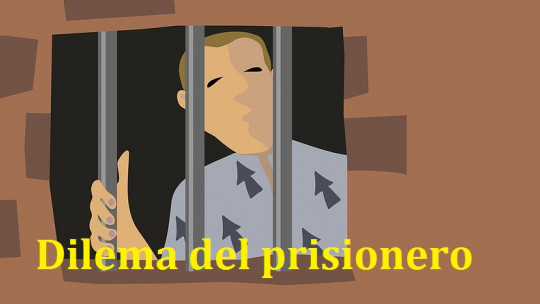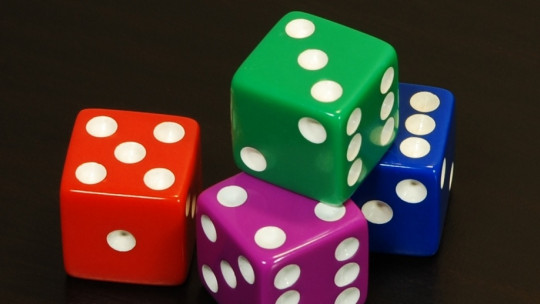When making a decision that, apart from having repercussions for our own well-being, may affect others, we may find ourselves faced with a social dilemma in which the benefits of the decision and its own and other people’s costs will come into play.
Although at first it may seem that our own interest will always prevail, this is not the case, because In that case we would find ourselves in a state of social chaos
The prisoner’s dilemma
The so-called “prisoner’s dilemma” has been widely used in psychology studies where a situation of conflict of interest between two people is shown. Participants were presented with a fictitious situation in which they had to imagine that they were a thief who had been arrested, along with his partner, by the police. Both are questioned by a separate lawyer, who proposes the following dilemma:
Obviously, if we betray our partner, we will be free and it would be the most appropriate option for our own well-being. If we both betray each other we would end up in jail So the best option would be to cooperate, where we would both obtain the same benefit and the same cost, but therein lies the dilemma: can we trust that our partner will not betray us? So how do we behave?
Possible reactions to this dilemma
Well, various experimental laboratory and field studies have found that we have four options:
Competitiveness and cooperation, the most used options
In other dilemma games, more than one opportunity to choose is offered. In these cases, the subjects usually start by cooperating with each other and, in the next option, they will do the same thing that their partner has done. That is, they are faithful to the saying “today for you, tomorrow for me.” Well then, The conclusions of the studies reveal that the options most used by the majority are competitiveness and cooperation there are differences between genders (they are more cooperative than them) and cultural differences (living in an individualistic or collective society).
However, other important factors must be taken into account, such as the context in which the dilemma occurs, with the type of relationship that unites us with the other people involved being very important. It is not the same that they are complete strangers or that they have some bond of affection with us.
In conclusion, I propose a series of recommendations to face a social dilemma before which we do not know how to act:











